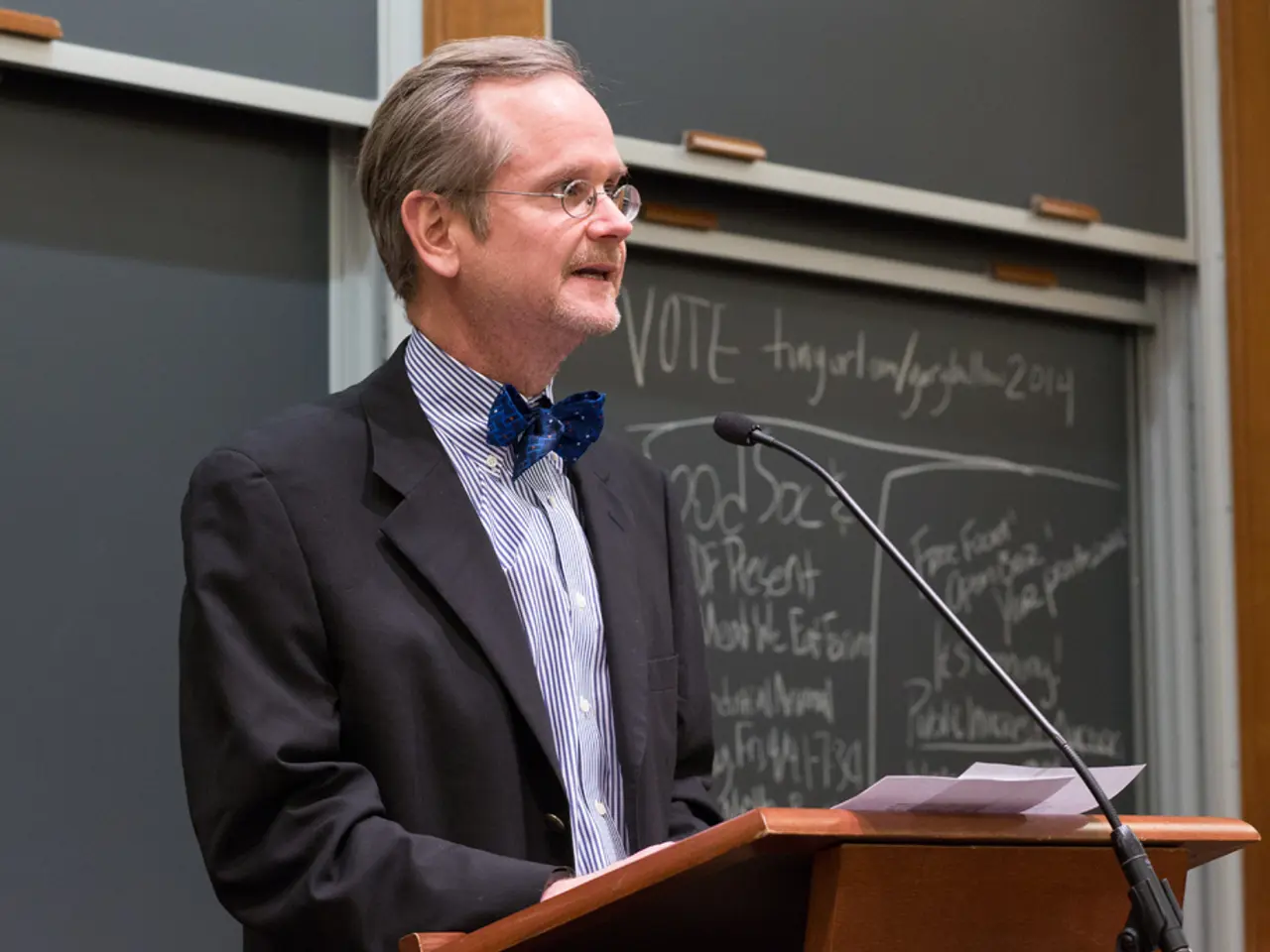Archive of Vice Presidency Documents Associated with Al Gore
Albert Gore Jr., the 45th Vice President of the United States, served from 1993 to 2001 under President Bill Clinton. During his tenure, Gore made significant contributions in various areas, particularly technology policy, environmental protection, and economic development.
Gore, born on March 31, 1948, in Washington D.C., represented the 4th District of Tennessee from 1977 to 1985 before joining the Senate in 1984. He was re-elected in 1990 and ran for the presidency in 2000, albeit unsuccessfully.
One of Gore's key achievements was his close and influential advisory role to President Clinton, involving him in major decision-making more so than many previous vice presidents. His influence was evident in the significant economic growth of the 1990s, marked by his efforts to reduce waste and bureaucracy, promoting government efficiency.
Gore was a central figure in the development of the information technology sector. He actively supported the creation of the "Information Superhighway," which later became associated with the Internet. This involvement helped fuel the 1990s dot-com boom. He also established the National Information Infrastructure and launched the first official White House website in 1994.
Environmental advocacy was another area where Gore made a significant impact. He launched initiatives like the GLOBE program on Earth Day 1994, which used the Internet for environmental education. Gore also supported international environmental efforts such as the Kyoto Protocol, aiming to reduce greenhouse gases.
In terms of foreign policy, Gore played a pivotal role in securing congressional passage of the North American Free Trade Agreement (NAFTA) in 1993, a major trade milestone. He also had interactions with various global leaders, including Prime Minister Chernomyrdin of Russia, Deputy President Thabo Mbeki of South Africa, and Presidents Li Peng and Jiang Zemin of China.
The collection of Gore's Vice Presidential records contains over 2 million electronic records, approximately 8 million pages of textual records, and over 300 cubic feet of photo negatives and audiovisual recordings. It includes records of his meetings with global leaders, his work on climate change and the Kyoto Protocol, and his interactions with various organisations such as the Export-Import Bank and ACT UP.
Gore's vice presidency is often noted for combining strong leadership in domestic policy areas—economic growth and technological innovation—with a sustained commitment to global environmental issues. This balance eventually led to his Nobel Peace Prize in 2007 for climate change advocacy.
After his tenure as Vice President, Gore continued his work on environmental issues, publishing books such as "An Inconvenient Truth" in 2006, "Earth In the Balance: Ecology and the Human Spirit" in 1992, and "An Inconvenient Sequel: Truth to Power" in 2017.
In conclusion, Albert Gore Jr.'s tenure as Vice President was marked by significant achievements in technology policy, environmental protection, and economic development. His impact continues to be felt today, especially in the realm of climate change advocacy.
Science played a significant role in Gore's vice presidency, as he supported the creation of the National Information Infrastructure and launched the first official White House website. His work on climate change, such as promoting the Kyoto Protocol, reflects his commitment to environmental science.
Gore's influence in policy-and-legislation extended beyond domestic issues; he played a pivotal role in securing the passage of NAFTA, a major international trade agreement. His interactions with global leaders and organizations allowed him to shape climate-change policy on a global scale.
Environmental-science was a key priority for Gore, and he continued advocating for it after his tenure as Vice President. His books "An Inconvenient Truth", "Earth In the Balance", and "An Inconvenient Sequel", among others, are generally considered news and contribute to the ongoing discussion on climate change.








